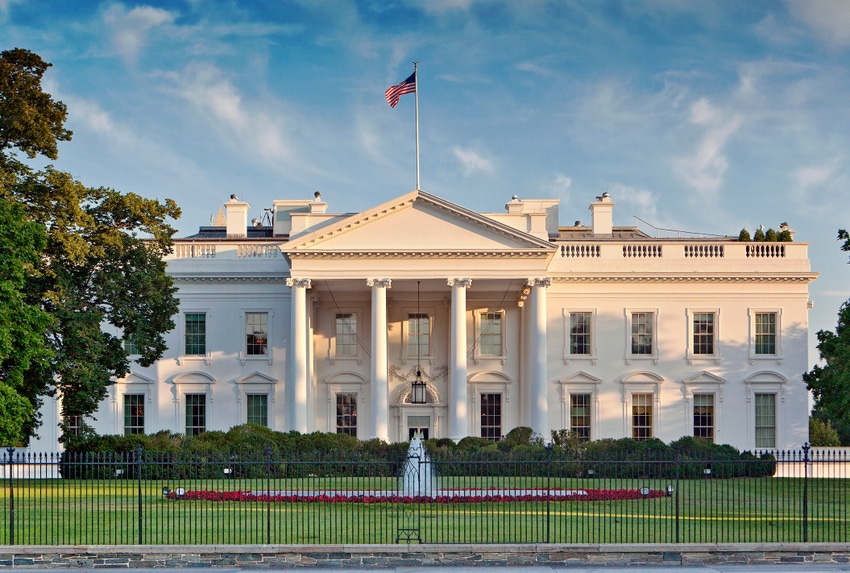
Connects decision-makers and solutions creators to what's next in quantum computing
Bill makes acquiring and migrating IT systems with post-quantum cryptography a top priority
December 13, 2022

The U.S. Senate has passed the bipartisan Quantum Computing Cybersecurity Preparedness Act. The legislation aims to increase national security by fortifying the federal government's defenses against quantum computing-enabled data breaches.
The legislation was passed by the U.S. House of Representatives in July, and President Joe Biden signed it into law this week. Senators Rob Portman and Maggie Hassan served as the legislation’s cosponsors.
The bill requires the Office of Management and Budget (OMB) to make acquiring and migrating IT systems with post-quantum cryptography a top priority. It also requires the White House to develop guidelines for federal agencies to evaluate these IT systems one year after the National Institute of Standards and Technology releases its anticipated post-quantum cryptography standards.
Finally, the law directs that OMB send an annual report to Congress that includes a strategy for addressing post-quantum cryptography risks, the funding needed to do so, and an in-depth analysis of government agency migration to post-quantum cryptography technology.
"I'm pleased the Senate passed our bipartisan legislation to require the government to inventory its cryptographic systems, determine which are most at risk from quantum computing, and upgrade those systems accordingly," said Portman.
"Data breaches exploited by quantum computing are a serious national security concern. America's adversaries look for any vulnerabilities in our cybersecurity systems to threaten our infrastructure, data, and security," said Hassan.
"It is crucial that we are ready to defend against any adversaries using this incredibly sophisticated and emerging technology against our country. Protecting our homeland security is a bipartisan issue – I am pleased that the Senate passed our bill and I'll keep working to get this across the finish line."
U.S. House Representative Nancy Mace, a sponsor of the House companion bill, concurred, saying: "The passage of this bill is a crucial step forward in securing our nation from the threats of the future and readying ourselves for this leap in technology."
About the Author(s)
You May Also Like






